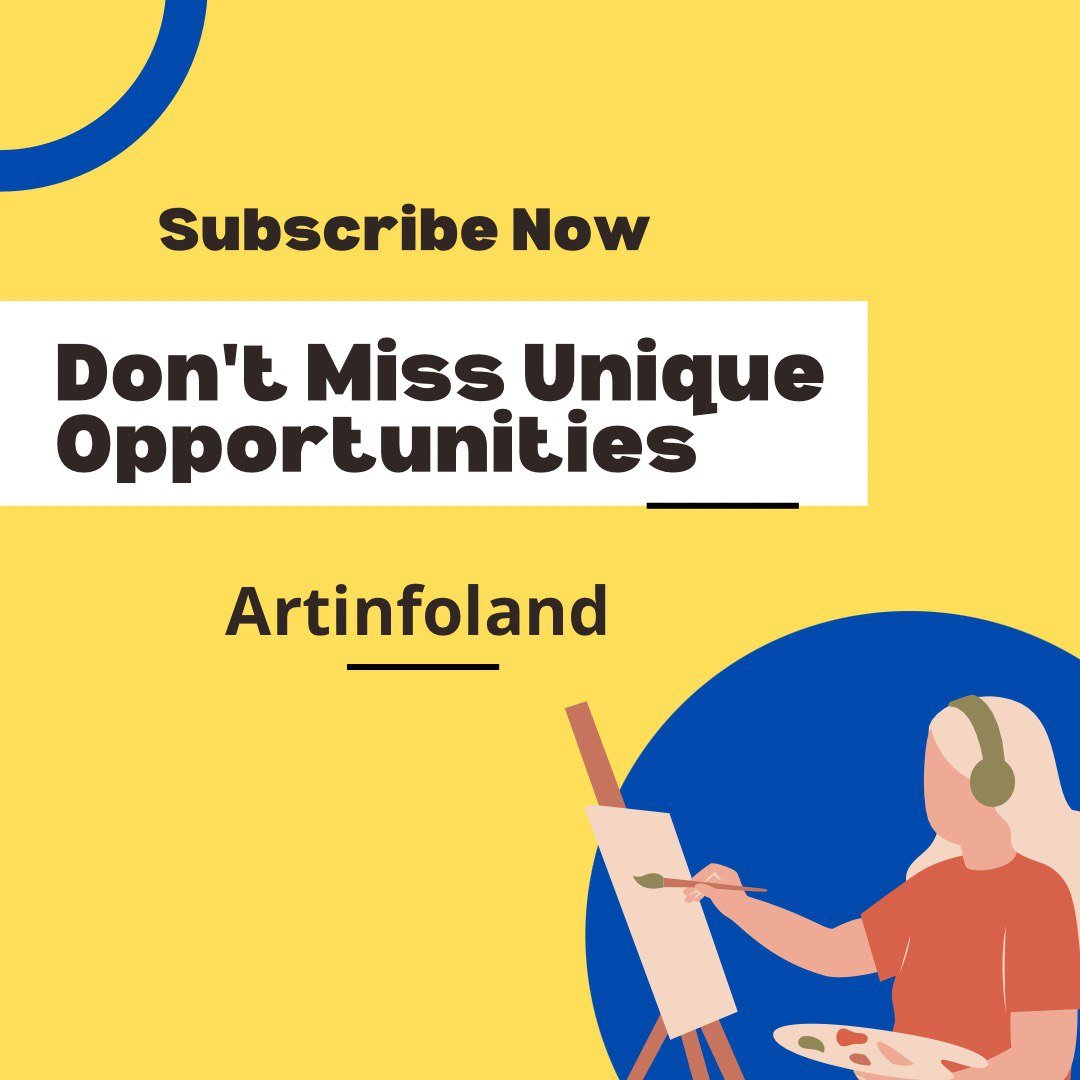In-ruins residency 2024
V EDITION: NATIONAL MUSEUMS OF MATERA & METAPONTO ARCHAEOLOGICAL PARK
9 SEPTEMBER – 13 OCTOBER
DEADLINE – JULY 7th
2024 JURY
Bruno Barsanti & Sofia Schubert: FONDAZIONE ELPIS
Simone Frangi: CURATOR AND RESEARCHER
Stella Bottai: CURATOR, POMPEII COMMITMENT
Niovi-Vasiliki Zarampouka-Chatzimanou: CO-DIRECTOR, COUNTERPOINT ARTS
DOWNLOAD OPEN CALL: ENGLISH | ITALIAN
This year, we will follow routes suggested by ancient geographies rather than by modern cartographies.
For the first time, the residency will take place outside the borders of Calabria to land in Basilicata, which shares with the former ancient histories and modern destinies. In collaboration with the National Museums of Matera – Regional Directorate of National Museums Basilicata, we will explore the National Museums and the Archaeological Park of Metaponto. This area of the Lucanian territory witnessed the rise, expansion, and decline of the great polis of Metaponto. The polis minted its own currency and enjoyed great agricultural and productive autonomy. It hosted Pythagoras’ School, was allied with Pyrrhus against the Romans, received Hannibal and his troops, and was looted by Spartacus and his army of rebels…
The Residency Locations include:
– Matera National Museums (including Museo Archeologico nazionale Domenico Ridola, Museo nazionale d’Arte Medievale e Moderna della Basilicata di Palazzo Lanfranchi, Ex Ospedale di San Rocco)
– Archeological Park of Metaponto
HISTORICAL CONTEXT
Metaponto was one of the most important colonies of Magna Graecia. Located on the coast of the Gulf of Taranto, in the plain bordered by the Basento and Bradano rivers, the ancient city was built in-between mountains, rivers, and the sea. The settlement was founded by Achaeans around the mid-7th century BC, sponsored by the Achaean league (Sybaris and Kroton) to hinder the territorial expansion of the rivals Taranto and Siris.
The origin of the name is uncertain. According to some, it can be traced back to the ancient hero Metabos, confirming the mythical pre-Achaean foundation by the Pelesgians led by Nestor, who were shipwrecked after the victorious siege of Troy. According to other genealogies, the etymology, related to the geographic positioning of the city, should be emphasized. In this sense, μετά (τόν) πόντον [metá (tón) pónton] could poetically mean both “city beyond the sea” and, more unlikely, “city between two rivers”.
The population of Metaponto likely presented among the highest degrees of ethnic interaction with the indigenous communities present in the territory, already influenced by Greek culture yet bearing strong native traditions. It minted its own currency – a sign of political power and wealth – and had an agricultural sector counting thousands of farms. It is no coincidence that the symbol of the city was a wheat ear, and it is said that a precious “golden harvest” was donated to the sanctuary of Apollo in Delphi. Apollo and Hera were indeed the main deities worshiped in the city. One of the monumental structures still visitable on the shores of the Bradano River is the Temple of the Palatine Tables, dedicated to Hera. Passed-down stories tell that Epeius, the mythical builder of the Trojan Horse, was buried here; and, in the same place, Pythagoras established his philosophical school upon his exile from Croton.
The city allied with Sybaris in the war that led to the destruction of Siris (around 530 BC) and possibly participated in the subsequent annihilation of Sybaris itself by the Crotoniates (510 BC). Following the weakening of the Achaean alliance in the Ionian Sea, it underwent the rise of Taranto’s power in the following centuries, entering a phase of growing political uncertainty. Metaponto remained autonomous until the full Roman era when it sided with Pyrrhus in the Battle of Heraclea (280 BC). About seventy years later, it hosted Hannibal during the Second Punic War. Once recaptured by the Romans, the defeat was accompanied by the construction by Rome of a castrum on the eastern side of the city, which significantly impacted its urban fabric. Many of its inhabitants were deported. Over a hundred years later, the city witnessed the passage of Spartacus and his army of slaves.
These and other stories are recounted by the unique artifacts preserved in the National Museum “Domenico Ridola” Matera, whose collection dates back to Prehistory.
FREE ACCESS TO MATERA NATIONAL MUSEUMS AND METAPONTO ARCHAEOLOGICAL PARK
and connected archives, museums and other group trips’ destinations.
FREE ACCOMMODATION
35 days in Montescaglioso
Private rooms with toilet and wi-fi in the farm “Oasi Rupestre”
BOARD
breakfast + dinners included
partnered lunch (1portion + water = 5 euros)
It is important to consider that Lucanian restaurants do not always provide a vegan or vegetarian alternative. Allergies and other medical conditions must be promptly communicated in case of selection. We do our best to find suitable solutions for everyone, but residents are expected to have an understanding and flexible approach
regarding the local cuisine and traditions.
PRODUCTION BUDGET
up to 700 euros per artist
N.B. The budget is not a fee and will not be released to artists at the start of the residency. The 700 euros amount sets the maximum spending limit allocated for proven production or research needs of each artist.
HOW TO APPLY
Applications must be submitted by filling a Google Form available via the following link.
Please send a single PDF file (max 10 mb) containing:
– CV (max 3 pages)
– PORTFOLIO (min 5 – max 20 images of previous projects or research)
– RESIDENCY PROJECT PROPOSAL (500 words max + accompanying images/sketches if neeed)
Please note that the project proposal is tentative and can be edited and transformed over the residency.
If you are already aware of materials required for your practice, please do mention these in the application.
The PDF must be titled in capital letters as follows: SURNAME_NAME_INRUINS2024
If you encounter any issues with the submission of your application do not hesitate to contact us on: info@inruins.org
DOWNLOAD OPEN CALL
Website link: https://www.inruins.org/2024-residency
